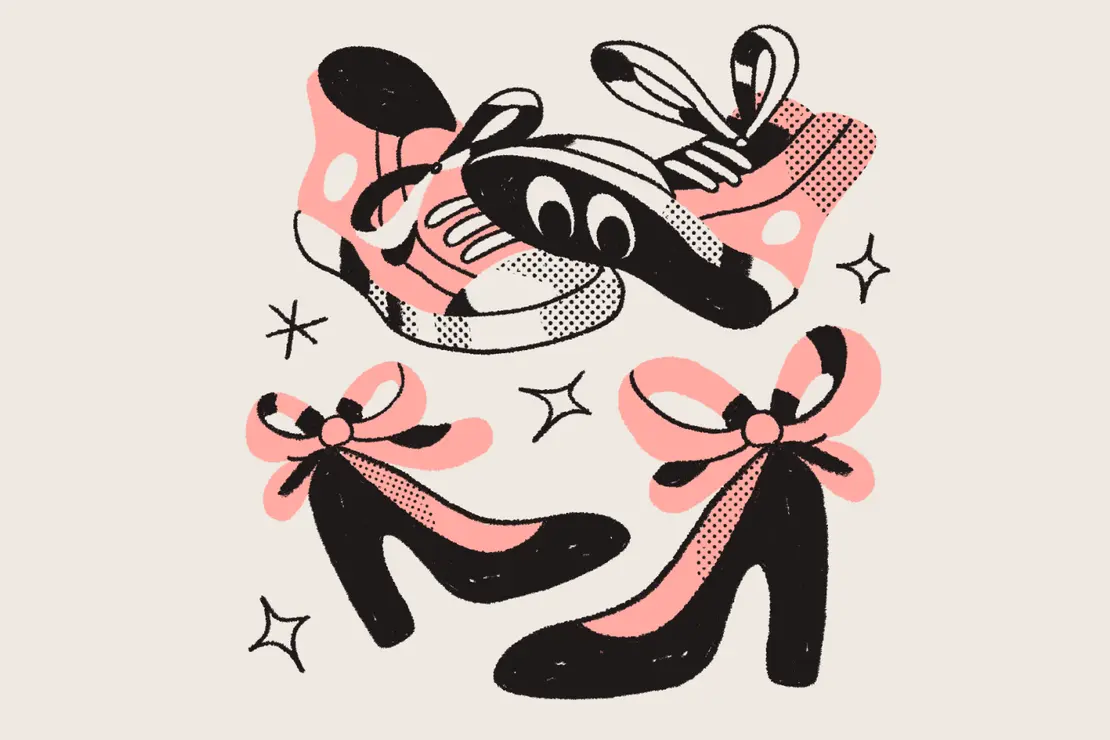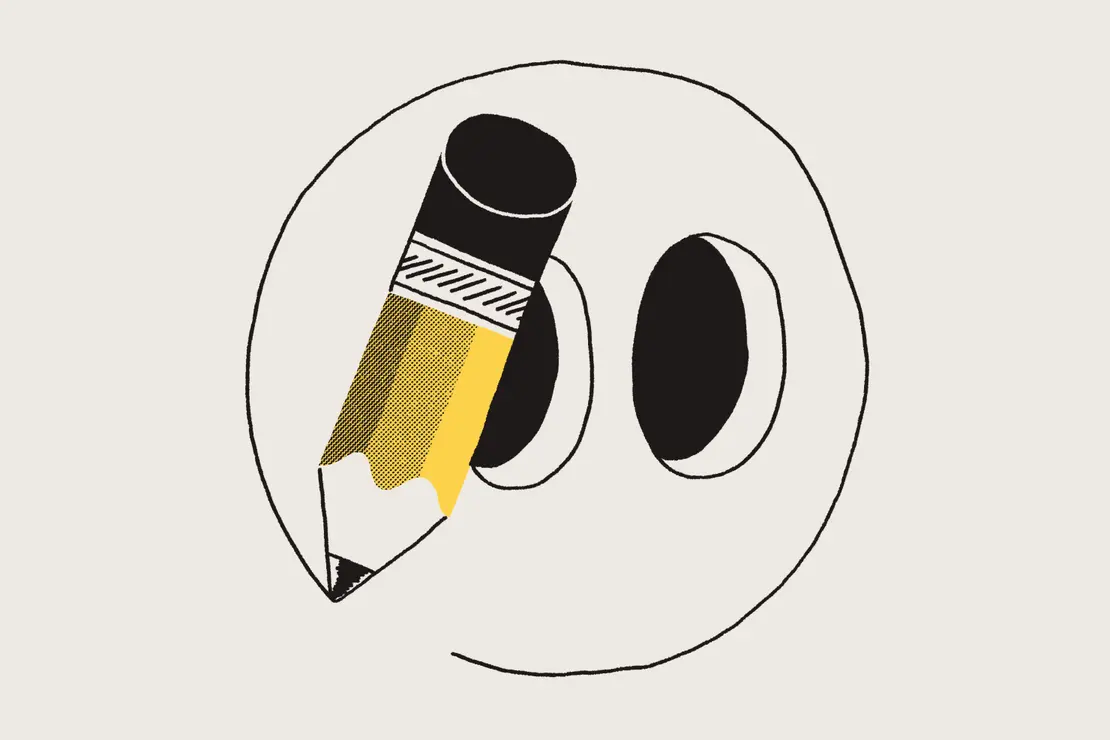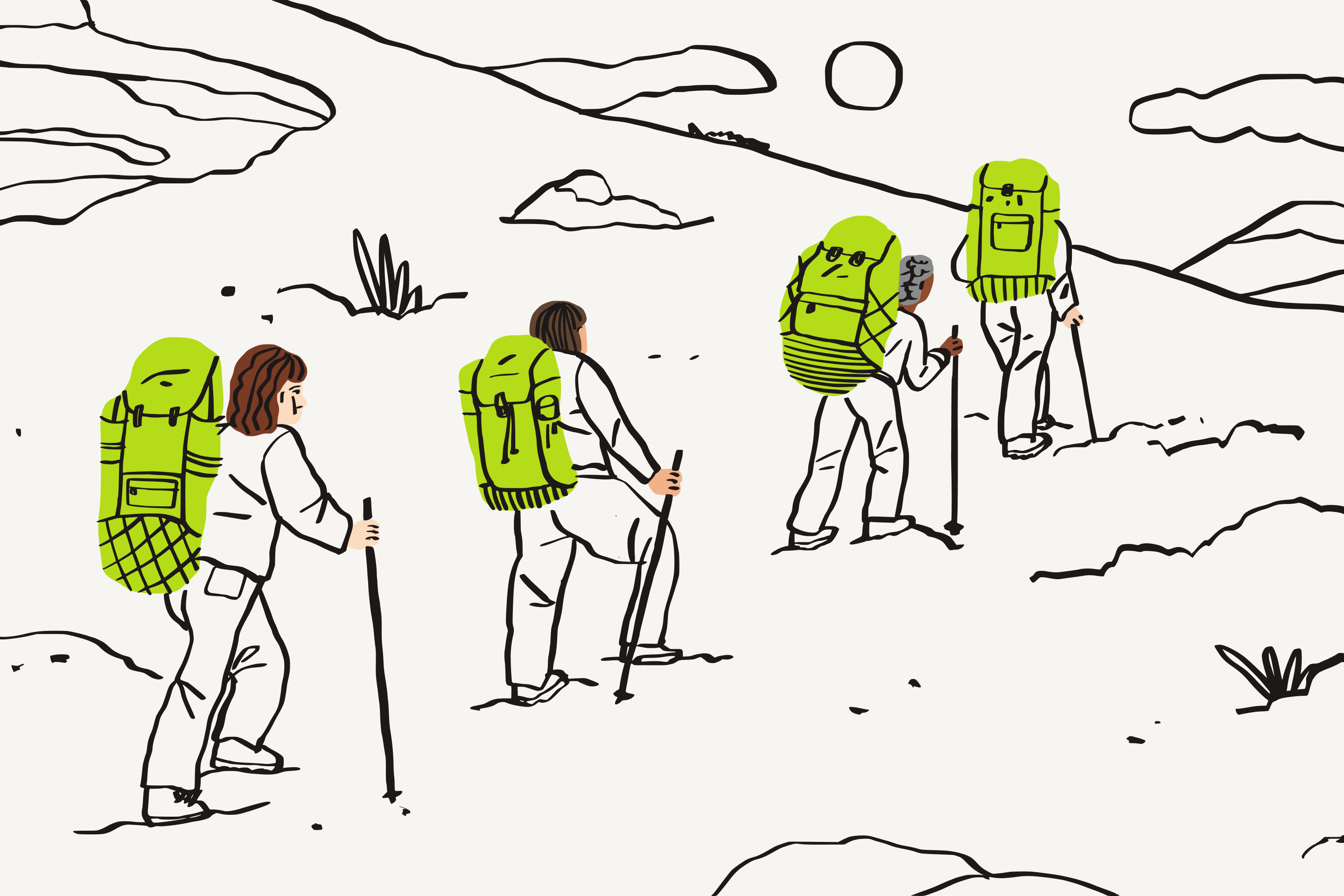New on Remotely Curious
Listen to Episode 9: Dress
There’s no question that fashion is becoming more casual. The pandemic accelerated the rise of athleisure, and some remote workers haven’t worn zippered pants in years. But what does this mean for the future of workwear? How do we collectively decide what’s acceptable, especially if we’re often apart? And does how we dress affect how we work?
In this episode, we talk to fashion historian Deidre Clemente about how big cultural moments permanently change the way we dress. We’ll consider the role of fashion in self-expression, productivity, and even happiness. And we’ll reflect on dress codes of the past—from mandatory girdles to Hawaiian shirt Fridays—to figure out where to go from here.
Remote work, to a large degree, has given the American consumer the option to choose and express their own individuality. Maybe their individuality is wearing sweatpants, and that's cool. Maybe their individuality is celebrating all the clothes in their closet. The question is: How do we feel in our clothes?
We’ll talk about:
- How big cultural moments shape fashion
- The effect our jobs have on our wardrobes (and vice versa)
- How to navigate written and unwritten dress codes
- The casualization of style and modern day workwear
About Deirdre:
More resources:
Takeaways:
- Norms are always shifting. Our cultural “dress codes” are determined by many factors, and what we think of as acceptable changes over time.
- The future is casual. History shows us that casualization is nothing new. It was accelerated by the pandemic, and it’s here to stay.
- Trends respond to creativity. Employer-mandated “Hawaiian shirt day” may be over, but you can always design your own workwear rituals to mix it up.
- Productivity is personal. The research is mixed on whether casual clothes make us happier or more effective at work, so decide what makes you feel best and have fun expressing yourself.
Learn more at remotely-curious.com.
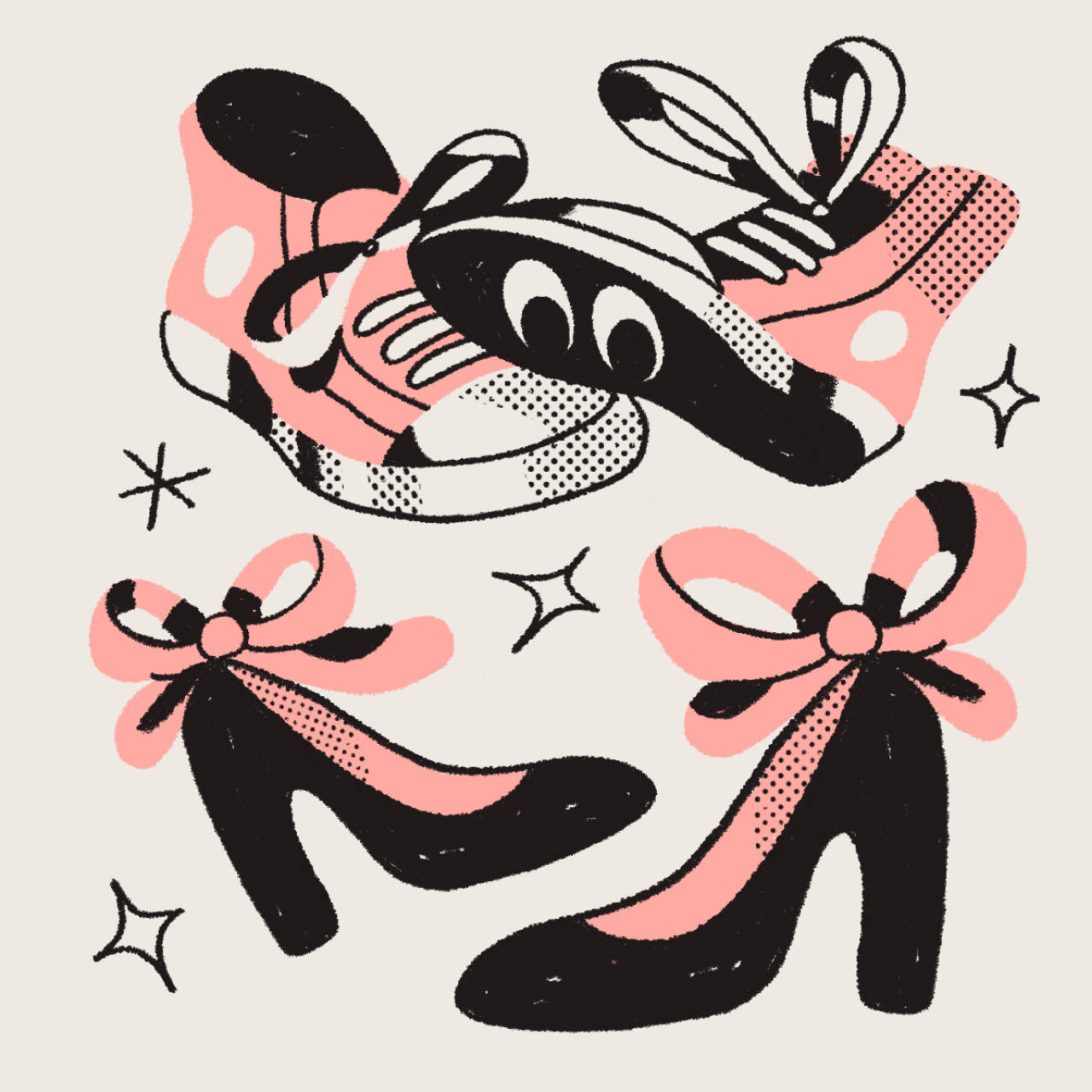

.png/_jcr_content/renditions/1480x987%20(3).dmep.750.500.webp)
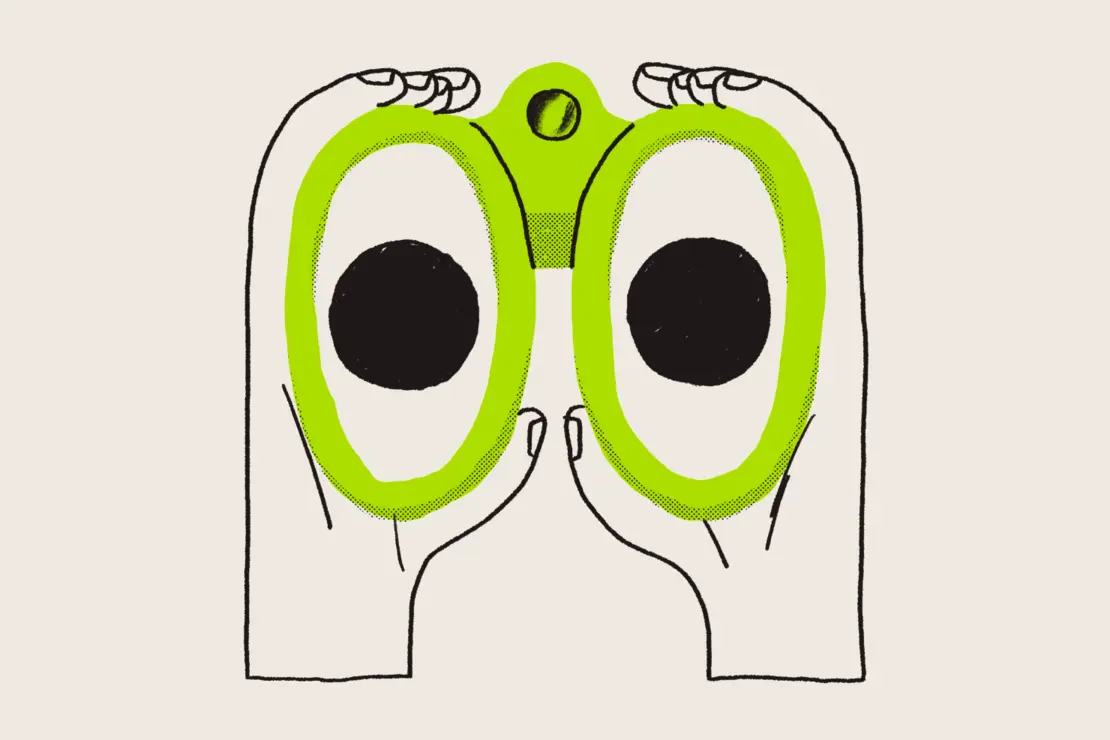
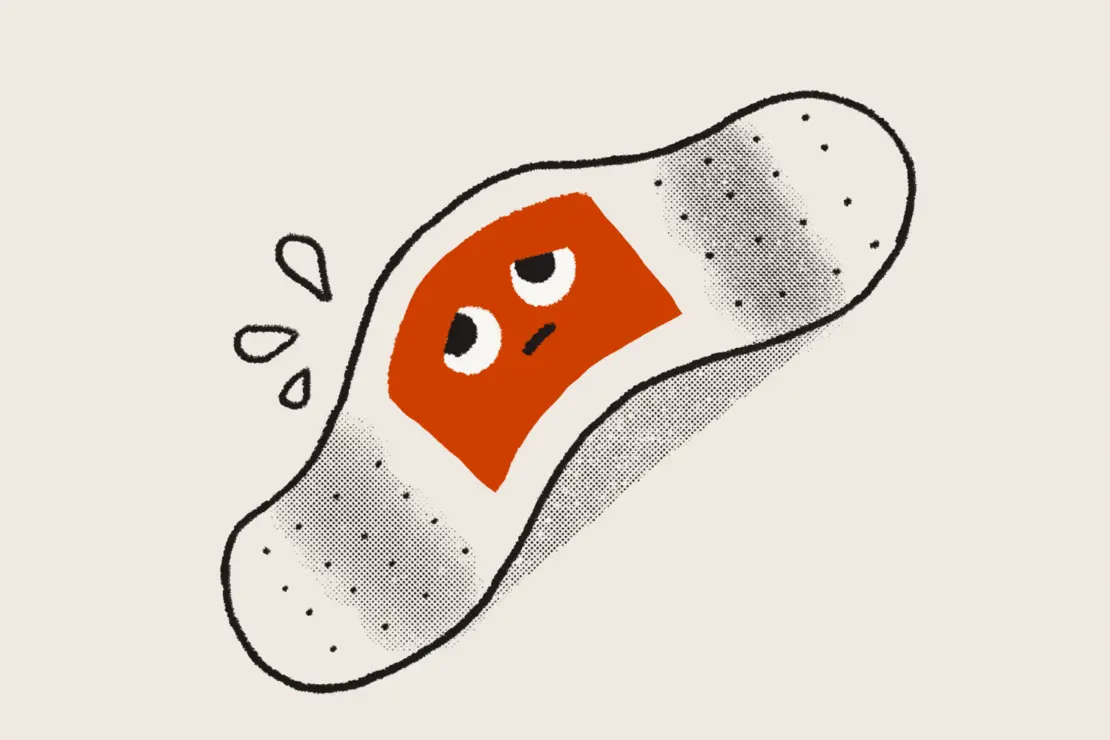
.png/_jcr_content/renditions/1480x987%20(2).dmep.750.500.webp)
.png/_jcr_content/renditions/1480x987%20(1).dmep.750.500.webp)
